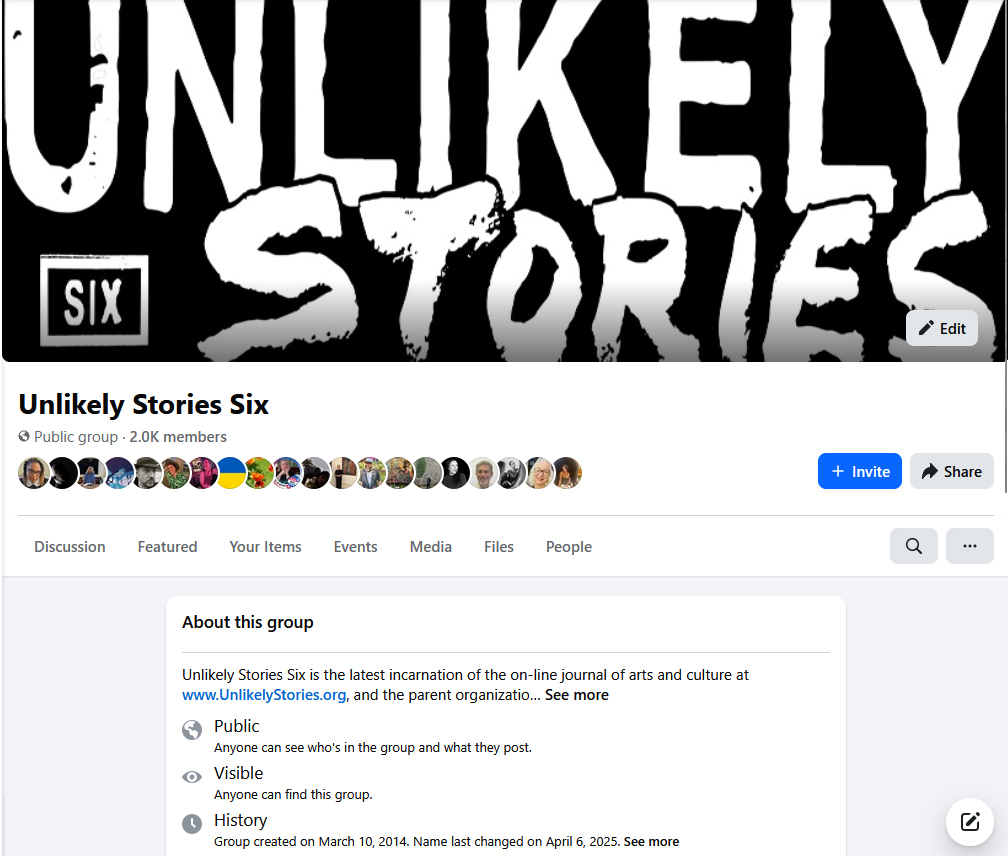Did they ever.
“Wait a minute, wait a minute! I've got more fun for you!” Monty said to Leeds and Jan Lacey, a pair of married contestants who had already won 500 dollars in a 1970 broadcast that captures the hysteria perfectly. “You wouldn't believe this, but your 500, which I should have in my— Well, you know, I don't carry small change with me. Am I good for the 500?”
“You're good for the 500,” said Leeds.
“I'll tell you what I'll do. I'll tell you what I'll do with you,” Monty said. “I don't have any 500 dollar bills, but I think I've got a thousand dollar bill.”
“OOOOOOOHHHHHHH!” from the audience.
“Now, there's a thousand dollars against the curtain right now,” Monty continued. “Leeds, that's what it looks like. Leeds and Jan, what do you want to do?”
Shrieks and applause from the audience.
“You know, folks,” Monty said after Jan overruled Leeds and went for the curtain with the prize behind it. “There's one more example of how this six-foot wrestler trembled in the eyes of his five foot wife. He wanted the thousand. She said no, and she's the boss of the family. What do they turn down a thousand bucks for? Here's what they've got. A beautiful new car!”
More shrieks from the audience. Harp arpeggios. Leeds and Jan hug and jump up and down.
“You can see how thrilled they are,” said Monty.
“You betcha!” said the announcer. “It's Pontiac's all new Grand Ville with design integrity and sound engineering! It's completely loaded, including air conditioning, power steering, and brakes! Plus famous wide track stance. It's pure Pontiac! With tax and license, it sells for 6,024 dollars!”
Cut to Jan shrieking and clutching her face.
Let’s Make A Deal turned out to be the charm for Monty Hall. The way it raised the level of excitement and anxiety about those choices, shifting rewards and penalties, winners and losers to keep contestants off balance, not only made it a hit, but a perfect metaphor for Selvin to use in his 1975 article “A Problem In Probability.” Now consider one final fact: that Selvin’s article remained buried in an obscure journal for fifteen years till Marilyn vos Savant decided to write about it. At which point all hell broke loose, rocketing vos Savant and the problem into the upper stratosphere of pop culture mythology, where it remains to this day. Readers refused to believe her when she said it’s better to switch.” You blew it, and you blew it big,” wrote Scott Smith, PhD. “Your answer to the question is in error,” wrote another PhD, Barry Pasternack. “You’re in error, but Albert Einstein earned a dearer place in the hearts of people after he admitted his errors,” wrote a third PhD, Frank Rose. And on and on and on, more than ten thousand letters in all. A surprising number were from PhDs, some so viciously sarcastic that you might wonder what really goes on in the faculty club when class isn’t in session.
The fact that this sequence of events didn’t have to happen at all, that it was simply an unpredictable kink in the unfolding history of the universe as it were, seems to me to give the whole episode a kind of poetic beauty akin to the pure randomness of quantum mechanics. Think about the ingredients for a moment: a problem in randomness (a quality even mathematicians struggle to fully explain, though it shapes our lives every day). A game show host who grew up with randomness, then made his living through it. A series of coincidences that made the episode famous. Truly, it’s like the collision of subatomic particles: look into the nuclear cloud chamber and watch them leaving corkscrew traces as they collide. Look into the chamber a minute from now and you’ll see something entirely different or nothing at all. Who hasn’t felt the icy touch of random events in their own life? Answer ad number one and you’re hired for the job of a lifetime. Answer ad number two and you inherit a toxic workplace that leaves you angry and exhausted. You couldn’t possibly know that beforehand. The more I learned about Monty Hall’s life, the more it reminded me of the things in my life I reached for and attained after struggles of my own. Or reached for and did not attain, reached for again and didn’t attain again, and did not reach for a third time. Circumstances had changed, the universe of possibilities and opportunities available to me had shifted, and the relative weights of those possibilities simply felt different. How could anyone measure that volatile mix of chance and circumstance? Wouldn’t it be easier to throw up your hands and call it fate, or is that too unscientific? Are we only permitted to feel such things in the privacy of our own minds?
One contestant on Let’s Make A Deal won some furniture. “He seems happy,” Monty said. Later the man risked the furniture and wound up with a year’s supply of popcorn instead. Maybe he was still happy; maybe the popcorn was enough for him. What about everyone else who risks something and winds up with only the consolation prize? “Press on,” most of us would say in reply. “Shrug off adversity and keep going.” No matter how much sense this philosophy makes for the individual, it still does not quite mitigate the arbitrariness of life’s randomness, its unruliness, its refusal to be completely domesticated. If you lose something through an unfair process, unpleasant as that is, you have at least the small comfort of knowing you were a victim. If you lose fairly, you have no such comfort. This is not a complaint, merely an effort to recognize all the places where the randomness of events can’t be eliminated from life, no matter how fair the process was. Nor is it a “problem,” as we usually define problems, because it has no “solution,” apparently being built into the structure of things.





Add comment